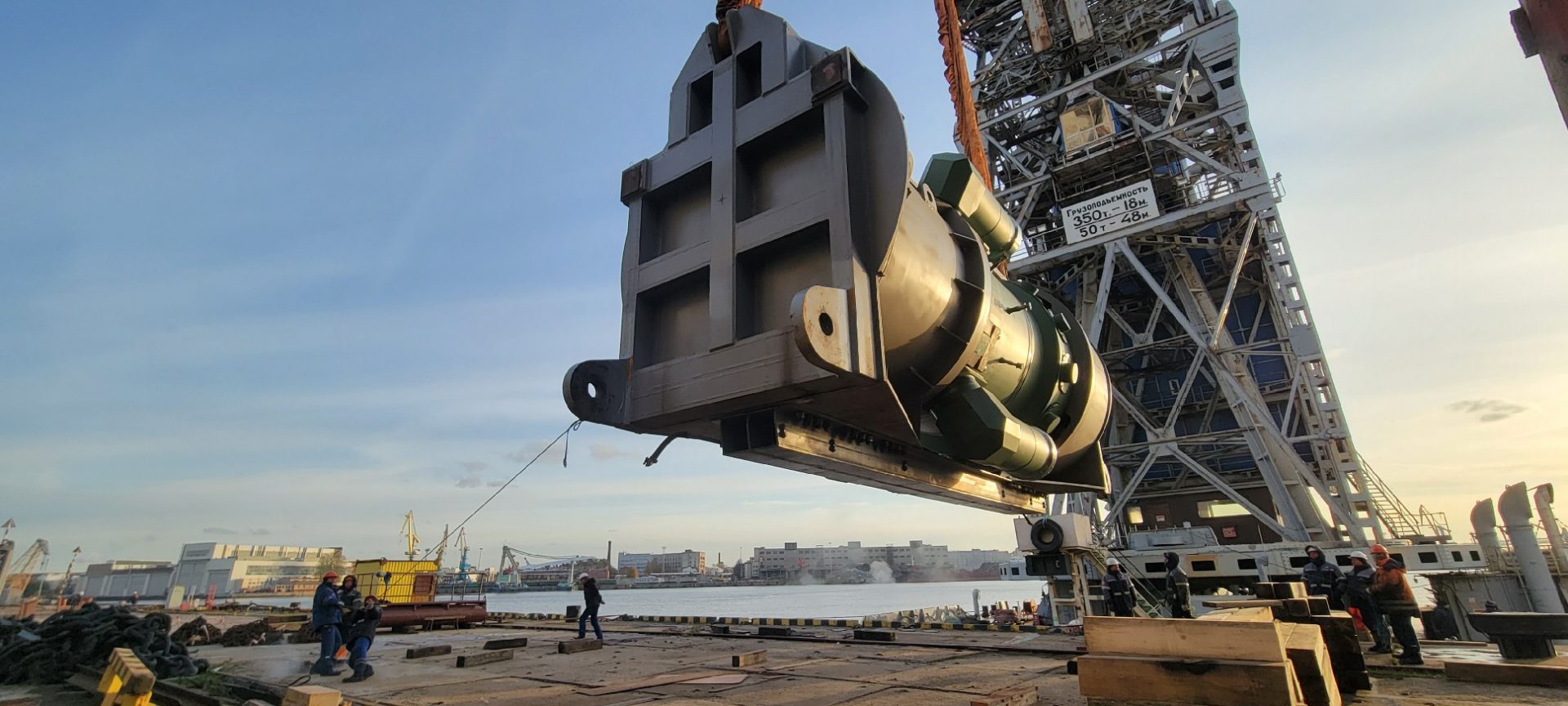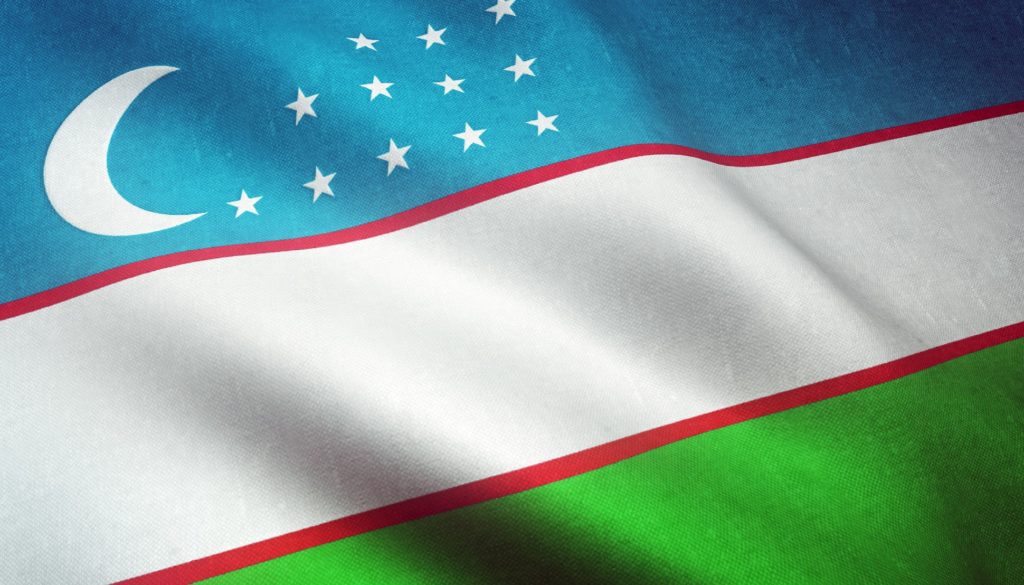
Vital Project
back to contentsThe big news of late has been the signing of the Russia-Uzbekistan contract for the construction of a small-scale nuclear power plant. Read more on it in the News section of this issue. Media all over the world provided ample coverage of the event. Rosatom Newsletter has reviewed the publications and added more on other areas of cooperation between the two countries.
Uzbekistan President Shavkat Mirziyoyev emphasized the importance of the agreements reached with Russia after the meeting with his Russian counterpart.
“Almost every world-leading country ensures energy security and sustainable development through nuclear energy. We have substantial uranium reserves and export uranium to third countries, and this project is vital for us if we consider entering a new stage of Uzbekistan’s development,” Shavkat Mirziyoyev said.
The news about the signing elicited many comments from both Russian and Uzbekistan experts. Alexander Knyazev, PhD in History, a leading researcher at the Institute of International Studies of the Moscow State Institute of International Relations (MGIMO), said in an interview with the Nezavisimaya Gazeta daily that many of the Russian-Uzbek initiatives could be scaled up to the regional level and embraced by all the other Central Asian countries. “This is happening, for instance, in the energy sector. And if Rosatom’s nuclear new build project in Uzbekistan is a success, this will be an overall driver of development,” the expert explained.
The choice of Uzbekistan for one of Russia’s first SMR projects ‘looks logical’, says Sergey Rozhenko, Power & Utilities team lead at Kept, in an interview with the Vedomosti daily business newspaper. According to him, the country is expected to face a shortage of both electricity generation and gas. Uzbekistan can build a nuclear power plant faster and at a lower cost compared to other energy sources, Sergey Rozhenko believes.
The signing of the SMR construction contract with Uzbekistan was covered by international media. NucNet, an independent Brussels-based nuclear news agency, describes the details of the contract to build a small-scale nuclear power plant in Uzbekistan. “Uzbekistan, a Central Asian country of 33 million people, is looking to nuclear power as a low-carbon energy source to reduce greenhouse gas emissions and boost electricity generating capacity,” the article on the NucNet website says. NucNet also points out that, according to the IAEA, there are about 50 SMR projects and concepts at various stages of development worldwide, but only Russia has practical experience in building such reactors.
Covering the news, Indonesia’s BisnisUpdate wrote: “There are no nuclear power plants so far in any of the five former Soviet republics in Central Asia, although Uzbekistan and its neighbor Kazakhstan, both uranium producers, have long said their growing economies need nuclear power.”
The Hungarian news website Origo notes that Uzbekistan is the first country to have opted for the Russian-designed SMR technology. “Uzbekistan seeks to secure its power supply while reducing its dependence on fossil fuels to meet climate action goals, given that the current demand for electric power in this Central Asian country could double by 2050,” the website writes.

Strong business ties
Uzbekistan and Russia have long been close partners in nuclear energy and non-power applications of nuclear technology. In May, Rosatom took part in the annual Uzbekistan Energy Week (UEW 2024), which brought together energy sector representatives from about 30 countries. The Russian nuclear corporation presented safe and reliable energy transition solutions drawing from the wealth of its expertise gained in Russia and other countries. Boris Arseev, Division Deputy Head – International Business Director of the Rosatom State Corporation, spoke at one of the UEW sessions about the importance of finding balanced solutions when transitioning to low-carbon sources of energy. “Working with our partners, we place emphasis on how all generation sources can be combined to optimize the system,” Boris Arseev said. He also drew attention to the positive experience gained by Uzbekistan in the nuclear sector over the past few decades, and to the partnerships that cover non-power applications of nuclear technology.
As part of the forum, Rosatom also participated in the 17th International Exhibition Power Uzbekistan 2024, presenting mock-ups of a large VVER 1200 reactor and a small nuclear power plant. The visitors had an opportunity to see with augmented reality how the latter works.
In April, Rosatom presented its comprehensive energy sovereignty solutions for the Central Asian countries at the INNOPROM. Central Asia international industrial trade fair in Tashkent. These solutions integrate renewable energy sources, high-capacity energy storage systems, the latest developments in nuclear medicine, and composite metal cylinders capable of operating in extreme temperatures from –60 °C to +65 °C.

Special attention was paid to hydro power, particularly to small-scale generation. Rosatom offers tried and tested hydro power solutions, which include engineering and installation services, to customers anywhere in the world.




